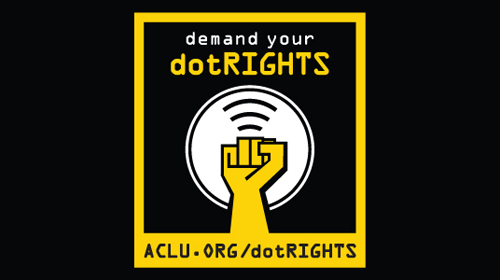
(Updated below)
Sen. Al Franken (D- MN) is trying to get some answers to straightforward questions about cell-phone location tracking. Today, using our recent nationwide FOIA as a jumping off point, he sent a letter to the Department of Justice asking them to provide basic information about a practice that, in Justice Sonia Sotomayor, “generates a precise, comprehensive record of a person’s public movements that reflects a wealth of detail about her familial, political, professional, religious, and sexual associations.”
Franken joins Rep. Ed Markey (D-MA) who last week sent to telecommunications companies.
To give you a sense about how little oversight currently exists for location tracking of mobile devices, here are some of the questions Sen. Franken posed:
1. How many requests have been filed with carriers in the last 5 years?
2. How many individuals were affected?
3. What legal standard do you use?
4. How much does DOJ pay to offset the carriers’ expenses for filling these requests?
It is startling how even such basic information isn’t available. Remember that our FOIA revealed that this is an extraordinarily common law enforcement practice, with only 10 of 190 police departments we surveyed saying they did not track cell phones. DOJ has been employing cell tracking for more than a decade.
Letters like these are the first step in oversight. We can’t wait to hear the answers.
UPDATE (May 10)
Next week, a House committee will be taking up the issue of warrantless cell phone tracking when it holds a hearing on the Geolocation Privacy and Surveillance Act (a.k.a. the GPS Act). The bill would require law enforcement to get a warrant based on probable cause before accessing people’s location information, and would also regulate the use of this information by businesses—two things that are sorely needed to protect privacy.

